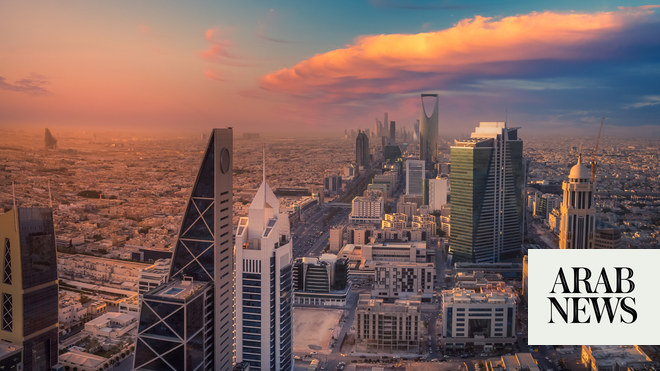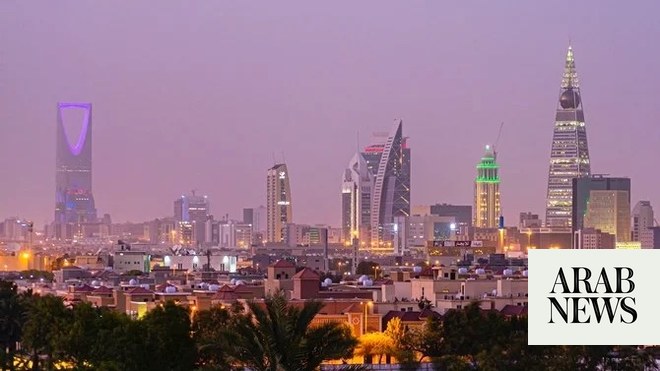
Business bounces back after ‘relatively soft’ 2018
Purchasing Managers’ Index well above the 50 mark indicating expansion
DUBAI: Saudi Arabia’s non-oil private sector growth rose to a 17-month high in May as credit conditions improved, output expanded and output prices increased, a monthly survey of companies showed on Monday.
The seasonally adjusted Emirates NBD Saudi Arabia Purchasing Managers’ Index rose to 57.3 in May from 56.8 in April, well above the 50 mark indicating expansion.
Saudi Arabia’s private sector was subdued last year as it felt the impact of fuel price hikes, the introduction of a 5 percent value-added tax and the higher cost of hiring foreign workers.
But it has rebounded this year, with the index for purchasing managers averaging 56.8 points so far against last year’s average of 53.8.
“The gradual rise in the headline PMI this year suggests that growth in the Kingdom’s non-oil private sector is recovering after a relatively soft 2018,” said Khatija Haque, head of MENA research at Emirates NBD.
Job creation accelerated slightly to 50.5 in May from 50.1 a month earlier. Though still weak, May’s rise in employment was the biggest jump since January.
Output prices for goods and services rose for the first time in seven months after a significant drop in April.
Output rose in May for the fifth month in a row, with the subindex climbing to 61.4 from 61.2 in April. This largely reflected improved demand conditions, according to the survey’s authors.
Meanwhile, growth in the UAE’s non-oil private sector rose in May at its fastest pace since October 2014, although job creation was largely stagnant, the PMI survey showed.
The index for the UAE rose to 59.4 in May from 57.6 a month earlier.
Stronger demand, marketing activity and the start of new projects all reportedly contributed to the increases, with companies largely expecting growth to continue over the coming year, the survey’s authors said.
External demand rose at the fastest pace in the index’s nearly 10-year history as new work from Saudi Arabia and Oman in particular pushed the rate of growth in new export orders, according to survey respondents.
“While the rise in the headline PMI indicates faster GDP growth in the UAE’s non-oil private sector, the environment remains a challenging one for businesses,” said Haque.
Output and new order growth has come on the back of price discounting and new export orders, with job creation and wages remaining stagnant, Haque said.
“When the headline PMI was last at a similar level (in October 2014 and January 2015) the survey showed solid growth in private sector jobs, which is not the case this time.”
The employment sub-index nudged down to 50.1, however, with non-oil companies still showing reluctance to hire additional staff.
The UAE economy grew about 1.7 percent in 2018, slower than projected despite a boost from higher oil prices, preliminary data showed in March. The economy is projected to grow 3.5 percent in 2019, helped by strong non-oil activity, the central bank said in a quarterly report.












